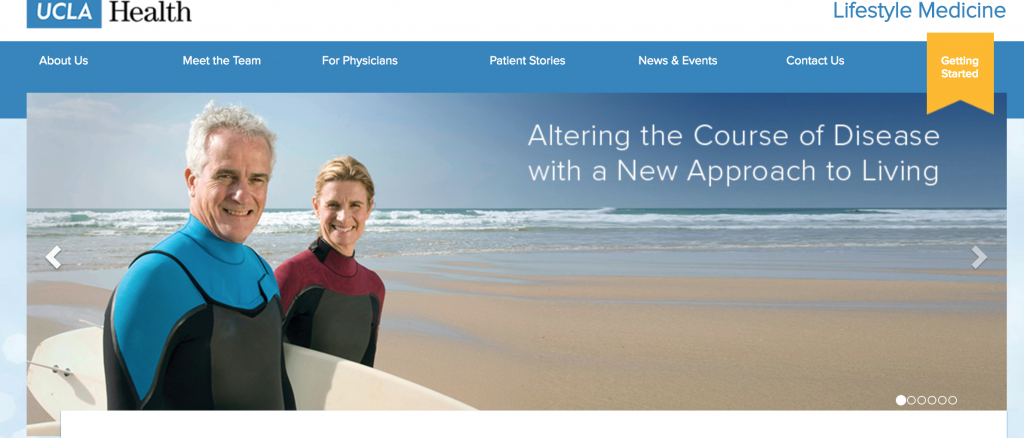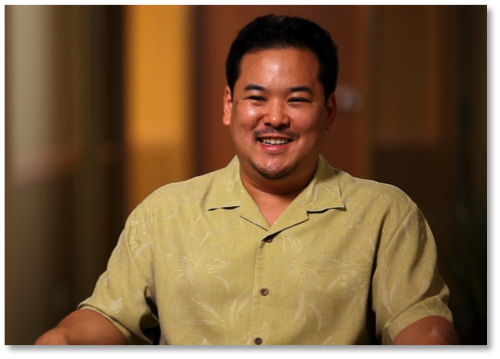
TIME: When It Makes Sense Not to Take Your Medicine
Dr. Ornish on the influence of stress reduction
Photo Credit: Ken Teegardin, via Flickr Creative Commons
The evidence is mounting that one’s lifestyle choices can be medicine. In this October 16th, 2014 story on Time.com, reporter Alexandra Sifferlin surveys a number of studies in the Annals of Internal Medicine, Cancer Epidemiology, and Biomarkers & Prevention, showing that lifestyle medicine can reduce the rate of diseases such as Type 2 diabetes, breast cancer, and prostate cancer.
Preventing disease is always preferable to treating it
She makes a connection between lifestyle changes and lowering the stress that can contribute to disease, and in that context sites Dr. Ornish’s study on prostate cancer.
And until recently, there hasn’t been much attention paid to what may be driving unhealthy eating — like stress. In the study of men who lowered their risk of recurrent prostate tumors, stress management was part of the lifestyle-based regimen that helped them to keep cancer at bay. Finding a way to address and relieve stress can be an important part of preventing many chronic diseases, says Dr. Dean Ornish, director of the Preventive Medicine Research Institute and clinical professor of medicine at the University of California, San Francisco, who led that study.
The article explains that with these lifestyle changes, in many cases, patients are able to go off their medications.
Taken together, the data has more doctors putting away their prescription pads when they see certain patients. The pill-free route isn’t for everyone, however, so it’s important for physicians and patients to understand when it’s appropriate and when it isn’t. It makes sense, for example, that prescription medications shouldn’t be a first-line treatment for people who are on the verge of developing a condition but can still prevent it — like the participants in the latest diabetes study. Preventing disease is always preferable to treating it, since once symptoms develop, they can cause more complications and additional health issues that require even more drug-based therapies to control.
Read the full article here.








